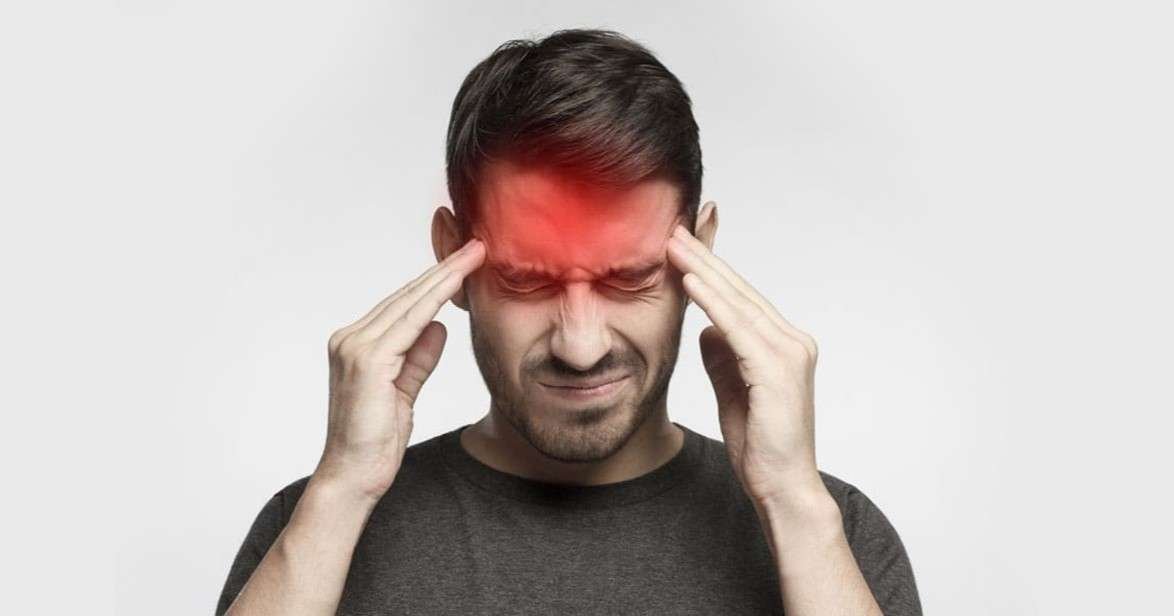
If you’re looking for safe remedies for migraine, this Ayurvedic and practical guide lists 10 effective, natural approaches to reduce attack frequency, shorten episodes, and improve recovery. These remedies for migraine combine diet, lifestyle, breathing practices, topical therapies and herbs — use them sensibly and consult an expert when needed.
The problem
A migraine is a recurrent neurological headache disorder with throbbing pain, sensitivity to light/sound, nausea and sometimes aura. The immediate problem is intense head pain and disability during attacks. The deeper problem — from an Ayurvedic view — is imbalance of Vata and Pitta, impaired digestion (agni), and accumulation of ama (toxins). Long-term relief needs lifestyle correction, trigger control and targeted natural therapies, not just occasional painkillers.
How to use these remedies for migraine
Begin with 1–3 changes you can consistently follow. Track attacks in a simple diary (trigger, duration, remedy used). Stop any remedy that worsens symptoms. If attacks are frequent or severe, get professional help.
1) Identify and avoid triggers — foundational remedies for migraine
Why: Avoiding triggers reduces attacks.
How: Keep a diary to note foods, sleep pattern, weather, stress, perfumes, or screens that precede attacks. Common triggers: missed meals, strong odors, aged cheese, excess caffeine, bright flickering lights, and poor sleep.
2) Regular sleep routine & circadian hygiene
Why: Irregular sleep is a major trigger. Stable sleep reduces episodes.
How: Go to bed and wake at the same time daily, avoid screens 1 hour before bed, and aim for 7–8 hours of restorative sleep.
3) Gentle oil head massage (Shiroabhyanga) — Ayurvedic topical remedy for migraine
Why: Calms Vata and soothes nerves.
How: Warm a few drops of sesame or brahmi oil and gently massage scalp and neck for 5–10 minutes. Do in the evening or when prodrome starts.
4) Nasya (medicated nasal drops) under practitioner guidance
Why: Clears head channels and reduces recurrent attacks in many chronic sufferers.
How: Small drops of practitioner-prescribed oil (Anu taila or medicated oil) into nostrils after steam. Start only with an Ayurvedic doctor’s advice.
5) Bhramari pranayama & short meditations — immediate calming remedies for migraine
Why: Reduces sympathetic overactivity and stress-triggered tension.
How: Practice Bhramari (bee breath) for 3–5 minutes; use a short guided meditation during prodrome or between attacks.
6) Brahmi, Jatamansi & Medhya herbs — botanical remedies for migraine
Why: Medhya (mind-supporting) herbs calm the nervous system and improve resilience.
How: Use Brahmi (Bacopa), Jatamansi, or standardized formulations as advised by an Ayurvedic practitioner. These herbs are useful as preventive support.
7) Ginger or peppermint for acute relief — safe home remedies for migraine
Why: Ginger reduces nausea and has anti-inflammatory action; peppermint gives cooling relief.
How: Sip warm ginger tea at the start of an attack; apply diluted peppermint oil on the temples (patch test first).
8) Cold compress / dark, quiet environment — immediate symptomatic remedy for migraine
Why: Lowers throbbing pain and sensory overload.
How: Apply a cool cloth to the forehead and temples and rest in a dark, quiet room until the attack eases.
9) Hydration, magnesium & balanced meals — nutritional remedies for migraine
Why: Dehydration and low magnesium can trigger headaches.
How: Sip water throughout the day, eat regular balanced meals, include magnesium-rich foods (pumpkin seeds, spinach, nuts) and avoid long fasting.
10) Integrated care: counseling, physiotherapy & specialist evaluation
Why: Chronic migraine benefits from a combined approach — cognitive strategies, neck/shoulder physiotherapy, and medical review for preventive medicines when needed.
How: Work with both an Ayurvedic practitioner and a neurologist/ENT when attacks are frequent, prolonged or disabling.

When to seek urgent medical help
Go to emergency care if you have: sudden worst-ever headache, weakness or numbness on one side, slurred speech, confusion, high fever with stiff neck, vision loss, or seizure. These signs need immediate medical evaluation beyond natural remedies for migraine.
When to get an Ayurvedic consultation
If you have more than 4 migraine days per month, long-lasting attacks, or medicines cause side effects — get expert care. For a personalised Ayurvedic plan (Nasya protocols, Rasayanas like Brahmi/Jatamansi, diet & Panchakarma options), get a consultation from Vedic Upchar: https://vedicupchar.com/doctor-consultation. A combined plan often reduces frequency and improves quality of life.
Quick daily routine to reduce migraine risk
Morning: warm water, 10 minutes sunlight, light stretching.
Midday: regular meals with digestive spices, stay hydrated.
Evening: gentle oil scalp massage (Shiroabhyanga) 3–4 times/week, 5–10 minutes pranayama.
Night: consistent sleep schedule, avoid heavy late dinners.
Safety notes
- Pregnant or breastfeeding? Consult your practitioner before herbs or Nasya.
- If you’re on prescription medicines, check herb–drug interactions.
- Test topical oils or essential oils on a small skin patch first.